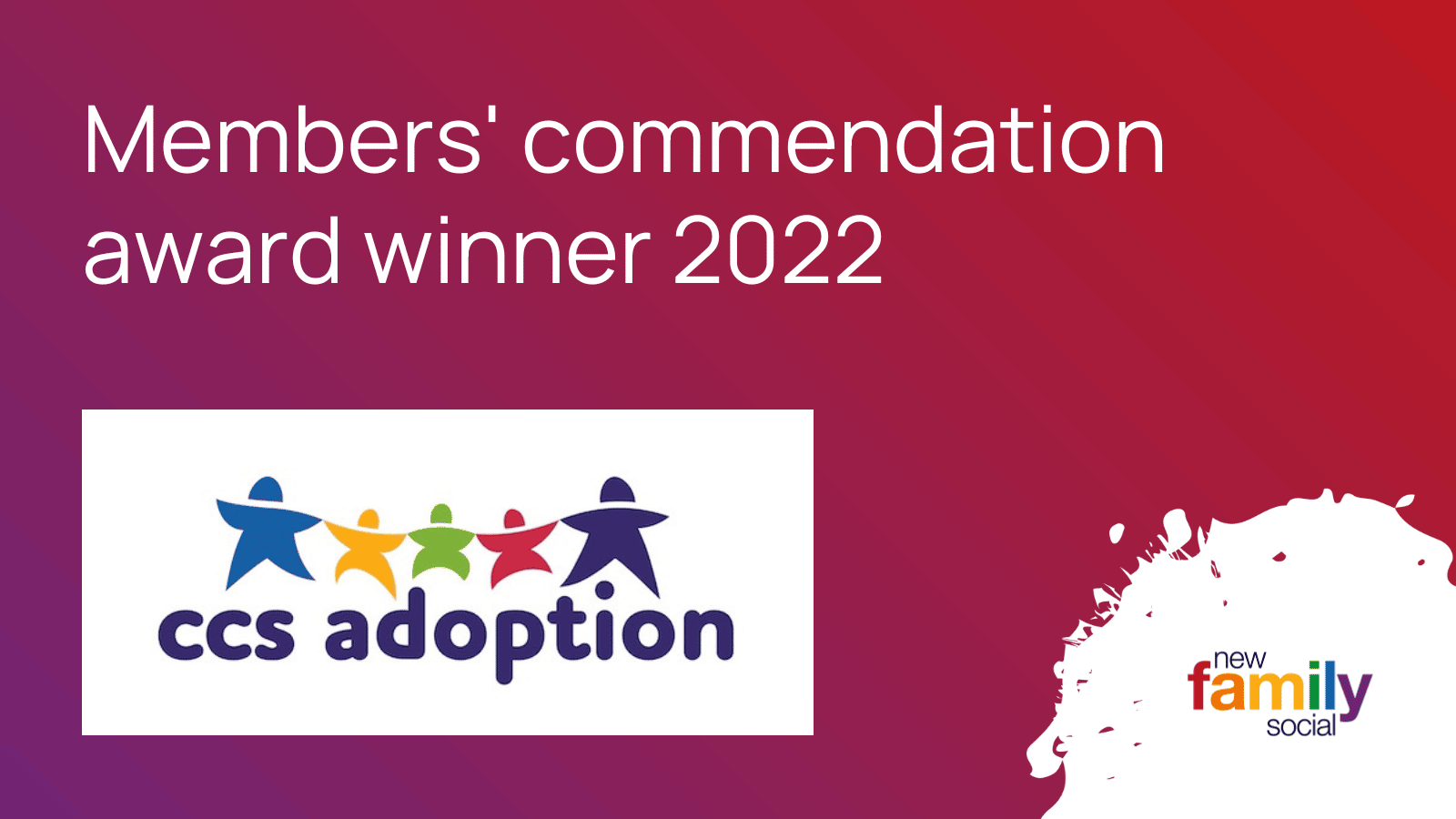Early Permanence practice is used for babies, younger and older children, as single children or with their brothers and sisters, coming into care when they have a high risk of being unable to return safely to the care of their birth families. They are likely to need adoption but still have a chance of being reunited with their birth families. During this decision time, children are placed with approved adopters who can also be temporarily approved as foster carers. They can be placed individually or with their brothers and sisters through Early Permanence, and they may come to their EP carers from a temporary foster home or directly from their birth family.
If the court decides a child’s future is best protected by adoption, they can then be placed with their future adoptive family at the earliest possible stage, reducing delays and the potential for them to have to make a further move.
On the other hand, if the courts decide that the child should live with their birth family the Early Permanence carers will work with the Local Authority to help the child return to their birth family.
CCS Adoption works in partnership with Local Authorities within the Region to place children with prospective adopters who are temporarily approved as foster carers for that child, where the need is identified. In March 2018, we became the first adoption agency in the UK to receive a new Early Permanence Quality Mark in recognition of our excellent practice in this area of work. CCS Adoption was re-awarded the EP Quality Mark in 2022.
Early Permanence Carers
Benefits for the child:
- It can speed up the planning for vulnerable babies, younger/older children, and sibling groups.
- It avoids the traumatic upheaval for the child when moving from a foster home to a new adoptive family.
- It lays the foundations for greatly improved health and emotional well-being throughout the child’s life by giving more stability during the vital early years of development.
- Acquires a ‘secure base’ in attachment terms; it avoids the trauma and damage caused by moves in care of terminating temporary foster care relationships, which children will have experienced as their primary parenting relationship.
- Develop close trusted familial relationships; the bonding period with their adoptive parents can begin sooner, giving the child the opportunity to form a close and secure attachment.
- Predict their future; avoid the chance of the child getting older in care and never having the opportunity to be adopted.
- The adults (who are most capable) take on the emotional risk, not the child.
Benefits for me:
- The bonding period with their adoptive parents can begin sooner giving carers the opportunity of forming a close and secure attachment.
- For young children, the carer(s) will be part of the child’s early life experiences and will have a deeper understanding of their life story.
- Adoptive parents will have had the opportunity to get to know their child’s birth parents at contact sessions and will be in a good position to understand their background and struggles. This will be helpful for them and their adopted child in the future when adopters are talking to their child about the reasons their birth family were unable to care for them.
You can discuss all the implications with your assessing Social Worker and there will be information available during the preparation stage as you journey towards becoming an adoptive parent. Remember that this is a personal choice, and you will be given the option to ‘opt out’ of becoming an Early Permanence carer to follow a more traditional adoption journey. It can also be arranged for you to talk to other adopters who have provided EP placements, to give you more of an idea of how this type of placement might impact you and your family.
There will be a few things you will need to think about in relation to Early Permanence. Initially, as a foster carer, you are caring for the child under fostering regulations, as approved by the child’s Local Authority, so you will need to consider whether this is something with which you are comfortable, primarily the fact that you will not be able to regard the child as your own. You will need to be mindful that you are not yet mum and/or dad.
To become an Early Permanence carer, you will need to be:
- Very adaptable – can manage the dual role as foster carers and possibly then adopters.
- Child-centred – willing to take on emotional pain and uncertainty so the child doesn’t have to.
- Be patient – The court process is typically 26 weeks (around six months) and can go on for longer if there are delays with assessments.
- Very resilient – can cope with the idea of and the actual potential loss of the child. The child may also be placed before all the possibilities for the child to be cared for within the birth family and connected network, have been fully ruled out.
- Able to manage (practically and emotionally) the arrangements for the child’s time with their birth family. Early Permanence adopters are expected to work with the Local Authority Fostering Service for the child whilst court proceedings are ongoing. During the fostering period, it is likely that the child will have regular supervised contact with their birth family.
- Well supported – with a robust support network who also understand EP.
- Well prepared – having received specialised preparation, assessment, and support.
- Able to promptly manage the child’s needs – the information available about the child at the point of them being placed with you is likely to be limited and will not be as full as that which you would have access to traditionally at the point of matching. This means the child’s individual needs may not be fully known at the point of them being placed.
The care and experiences that a child encounters in their first few months and years of life lay the foundations for their future development and emotional well-being. Therefore, most Early Permanence placements sought are for babies and very young children.
CCS also provide EP placements to older children, some of whom will have been in the care of the Local Authority for some time and where a return home to the family has proved unsuccessful.
As there will be ongoing visits from Social Workers and birth family meetings, the geographical location of the placement will need to be taken into consideration and balanced against the impact of the child travelling long distances to contact. The child’s needs will be central to decision-making around placement location.
CCS Adoption works across the Adoption West and South-West areas in Bristol, Gloucestershire, South Gloucestershire, Somerset, Bath and North-East Somerset, Swindon, Wiltshire, and South Wales.
Yes, you can. If you already have a child, whether they are a birth or adopted child, you will need to consider the impact on them as well as yourselves if the child does not remain in your care. Preparation and support for other children in the home are essential.
Many adoption agencies have experience with adopters with children in the family who have taken the Early Permanence route to adoption. Many of these families believe that already having children helped them manage the uncertainty and challenges of Early Permanence.
Yes, you can. Again, many agencies have experience with single adopters offering Early Permanence. As for all adopters, you will need a very strong and helpful support network.
Your Social Worker will support and guide you through this process. You will also be linked up with experienced Early Permanence carers for advice and support and receive supervision from a Social Worker in accordance with fostering regulations. For more details about what support is available to Early Permanence carers, please click here.
We recognise that Early Permanence can be challenging for people’s support networks we therefore encourage adopters’ family or friends to attend the various training opportunities we offer. Further information for Family and Friends here. Those offering close support to EP carers can also join the closed Support Through Early Permanence (STEP) Group. For a summary of the support available to EP carers’ family and friends, click here.
Early Permanence carers (Concurrent or Fostering for Adoption) are entitled to claim adoption leave and pay (if they are eligible for them) from the point a child is placed with them under such arrangements. All Early Permanence carers will have their particular circumstances and they should research both their entitlements and what their employers offer individually.
Early Permanence carers are also entitled to their local Regional Adoption Agencies/Local Authority’s fostering allowance when the child is first placed, as at this stage they will be acting as foster carers for the child. This would continue until either the placement turns into adoption, or the child returns to their birth family.
- Fostering for Adoption: A child-centred solution. A guide for prospective FfA carers
- Read the story of one Early Permanence carer who went on to adopt her baby son here.
- Read a book of Early Permanence stories here (please note these stories were put together by CCS a few years ago. Please check with a CCS member of staff about what services of EP are currently available).
- Learn more about some of the challenges and rewards of EP in general, by listening to the experiences of other adopters via First4Adoption Webcasts.
Birth Parents
If your child is in Local Authority care or the Local Authority is considering placing your child in care, you may feel angry, upset, and confused. If Early Permanence (Concurrency or Fostering for Adoption) has been mentioned as the type of care the Local Authority is considering for your child, you may want to understand more about what is being considered.
Early Permanence (both Concurrency and Fostering for Adoption) is a way of trying to ensure that your child’s care is as stable as possible (i.e., avoiding potential further moves in care) and that they reach their permanent home as quickly as possible. Finding a safe, stable, and permanent home for your child is really important for your child’s well-being from the point they enter care.
Having your child placed in an Early Permanence placement does not pre-judge the courts’ final decision or disadvantage you in any way. But it provides stability and security for your child should the courts decide they need a permanent home outside of the family.
If you are thinking about relinquishing a child, the Regional Adoption Agency/local authority may wish to consider an Early Permanence placement for your child as a route to adoption.

Explore Adoption
Want to find out more about adoption, the children and us? Then book yourself a place at one of our information events, hear from adopters and talk with our team.
Read MoreINDEPENDENT ADOPTION AGENCY IN BRISTOL
Start your adoption journey with CCS today

Online Adoption Information Event 24.04.24

Online Adoption Information Event 23.05.24

Support The Centre







